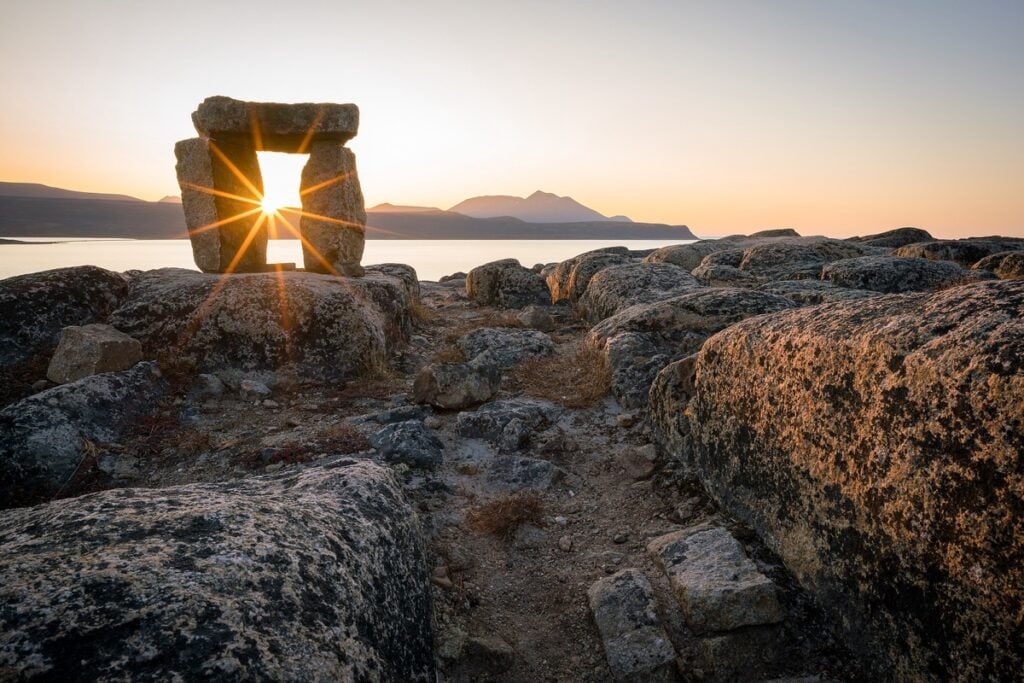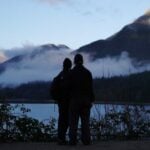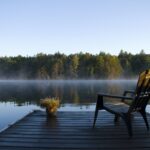Scattering ashes in Nunavut is a meaningful way to honor a loved one. Given its vast landscapes, Nunavut offers many options, but it’s essential to follow local guidelines to ensure a respectful process. Here’s a guide to help you understand the regulations.
Private Property
Scattering ashes on private property is allowed, but permission from the property owner is required. Written consent is advised to avoid misunderstandings.
Public Property
For public spaces such as parks or community areas, permission from local authorities is often necessary. Contact municipal offices or the relevant local government for specific regulations or permits.
Waterways
Nunavut’s rivers, lakes, and coastal areas allow for ash scattering. Biodegradable urns are recommended to protect the natural environment, and scattering in less populated areas is encouraged to minimize impact on public spaces.
Iqaluit-Specific Regulations
In Iqaluit, scattering ashes in public spaces or along the shoreline typically requires city approval. Cemeteries in the city may have designated areas for ash scattering, so check with local officials in advance.
Remote Wilderness Areas
Nunavut’s remote and pristine wilderness areas provide many opportunities for scattering ashes on Crown land, which is generally permissible. However, consulting local authorities is advisable, especially in protected or ecologically sensitive zones.
Where Ash Scattering is Prohibited in Nunavut
- Private Property Without Permission: Scattering ashes on private land without the owner’s consent is illegal.
- Public Spaces Without Approval: Certain public areas require permits, especially in towns or cities.
- Cemeteries Without Designation: Cemeteries typically have designated sections for ash scattering.
- Protected Lands: National parks, conservation zones, and other protected regions may have restrictions to preserve habitats.
Cultural and Religious Considerations
Nunavut has a rich cultural heritage, including Inuit, Christian, and other religious traditions that influence ash scattering practices. Be mindful of these cultural practices and follow all local laws when planning a ceremony.
Environmental Considerations
Nunavut’s unique and sensitive environment benefits from respectful scattering practices. Biodegradable urns are recommended, and scattering in less-trafficked areas can help minimize ecological disruption.
Practical Tips for Scattering Ashes
Choose a meaningful and approved location, and ensure any required permissions are obtained. Nunavut’s weather can be unpredictable, so check the forecast and wind conditions before scattering ashes, particularly near water or open spaces. A small, respectful ceremony adds significance, and safety is crucial, especially in remote areas.
Following these guidelines helps ensure a respectful ash scattering ceremony in Nunavut that honors both your loved one and the environment.







